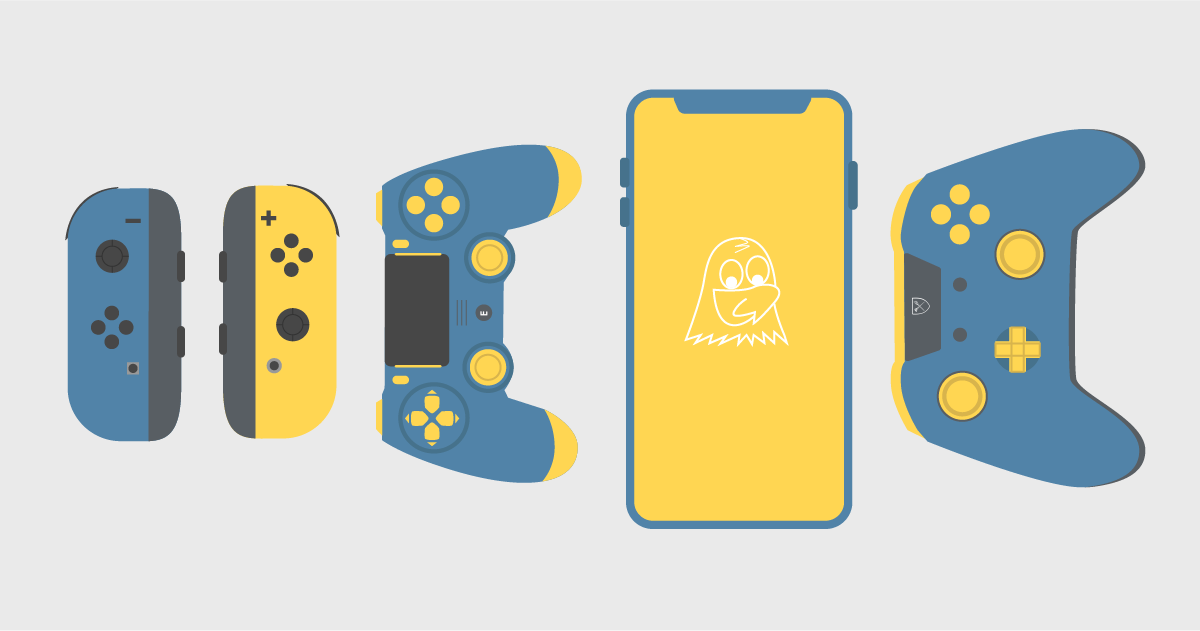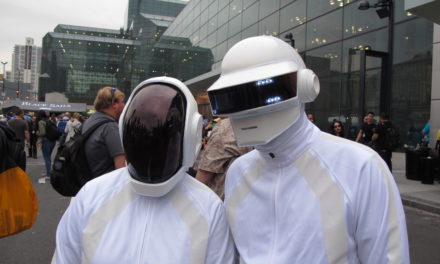With various console sales and game time skyrocketing, 2020 has undoubtedly become one of the most popular years for video games. As the COVID-19 pandemic and social isolation have ground normal life to a halt, what better way to spend time than immersed in an engaging, COVID-safe game? At Emory, gaming is a means to not only pass time but deal with a bleak reality.
At the beginning of quarantine, games seemed to be a way of escaping feelings of isolation and monotony. March’s “Animal Crossing: New Horizons” became an antidote to boredom. It’s easy to see why: leisurely and relaxing, the gameplay sharply contrasted the chaos and loneliness of the pandemic.
Nevertheless, other single-player focused titles also offered similar feelings of comfort and escape. For Jose Moreno (24C), playing fantasy-action RPG games such as “The Witcher 3” has been a welcome distraction. As someone who has played over 150 hours of “The Legend of Zelda: Breath of the Wild,” I can attest to feeling a similar way. Exploring the vast landscapes of the fantasy kingdom Hyrule has been an immersive experience: a way of destressing and imagining a world outside of my house.
However, games have also always been a means to socialize with friends and meet new people. For Ryan Sun (22B), an admin on the College Council-funded “Minecraft” server — a designated multiplayer server where students can play the sandbox game together — it was both. Studying at home from Hong Kong, Sun noted how feelings of disconnect from the greater student body led to the creation of the server. Spending time creating and playing on the server allowed him to interact with students that he has never met before.
“One of the reasons that we have this server in the first place is because everyone’s gone, nobody’s on campus,” Sun said. “I don’t think I would’ve met these people anywhere else, even if we were on campus.”
This is true for the rest of the server members, as the server has its own community. Five to six people are active on Emory’s Minecraft server daily, and the project to remake the Atlanta campus in the creative world has been going “super well,” Sun said. The freshman quad is done, and Few Hall and Evans Hall are being built.
Perhaps the most successful games in this regard are social party games, such as “Among Us,” the “Mafia”-inspired hit of the year. Players act as crewmates on a spaceship, completing tasks that range from fixing electrical wires to retrieving drinks from a vending machine. However, unbeknownst to the crewmates, there is an imposter — a randomly assigned player — attempting to kill everyone on board. The only way of stopping the imposter is to hold emergency meetings, in which the group discusses who the imposter may be, and tries to vote them off the ship. “Among Us” can be played with friends or strangers.
“Among Us’” main appeal lies in its communication-focused gameplay mechanics, wherein a win or a loss almost always depends on how a player interacts with others.
“I thrive on being able to detect the imposter or being the imposter. It’s cool how deceptive someone can be in the game,” Maha Abu-Salah (22Ox, 24C) said.
Despite the need to deliberately sabotage your friends, “Among Us” actually serves as a way to bond with others. As an international student currently attending online classes in Indonesia, joining my friends in the U.S. for a game (or 10) allows me to obtain a semblance of the college experience I imagined back in January. It may not replace the feeling of in-person experiences, but there’s something special about engaging in the game’s admittedly absurd premise with others.
It’s important to consider the influence and sheer power of the internet: in this digital age, it’s not hard to see how social media sites have influenced the gaming choices people make. Throughout quarantine, social media has flourished with game-related content, boosting the popularity of certain releases. For one, Sun states that the inspiration for the Emory “Minecraft” server came from looking at other colleges’ servers, such as the Massachusetts Institute of Technology and Oxford University.
If it weren’t for all the talk and memes about “Among Us,” many likely wouldn’t have poured hours into the game.
Additionally, online spaces, particularly instant messaging group chats and servers such as Dooley’s Tavern, another College Council-sponsored Discord server, provide a medium for students to easily discuss what games they’ve been playing or arrange a quick game in “The Jackbox Party Pack,” a popular party game collection. Intramural sports have gone online for the semester as well, relying on the GamePigeon app to play games on iMessage or scheduling online tournaments for “Fifa 20” and “Rocket League.”
As a whole, video games have always been about transporting players into another world and are synonymous with fun and relaxation. They have provided both a sense of normalcy and escapism during these times, be it through socially engaging games or immersive single-player experiences. While we eventually have to put them down and focus on our day-to-day lives, video games have been a fantastic way to spend quarantine and will continue to be throughout the year.
Mia Usman (22Ox, 24C) is from Jakarta, Indonesia, double majoring in film and media studies and English. Outside of the Wheel, she enjoys playing video games (even though she's really bad at them), watching movies, drawing and hoarding stationery. Contact Usman at mia.usman@emory.edu.






